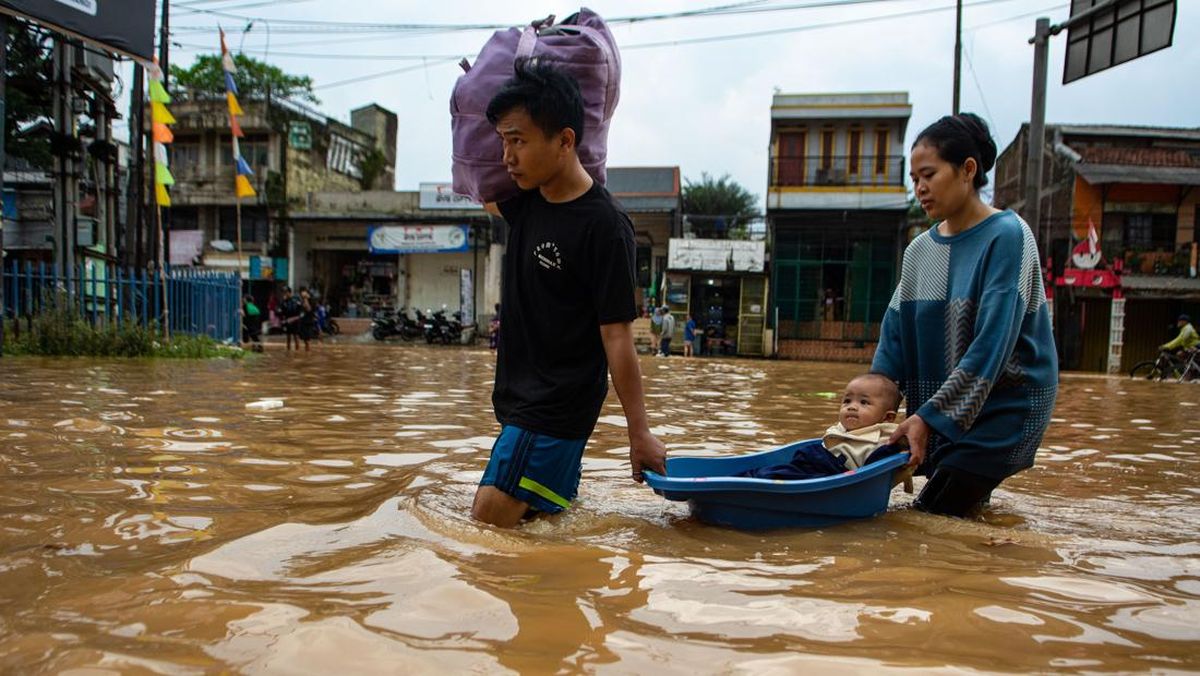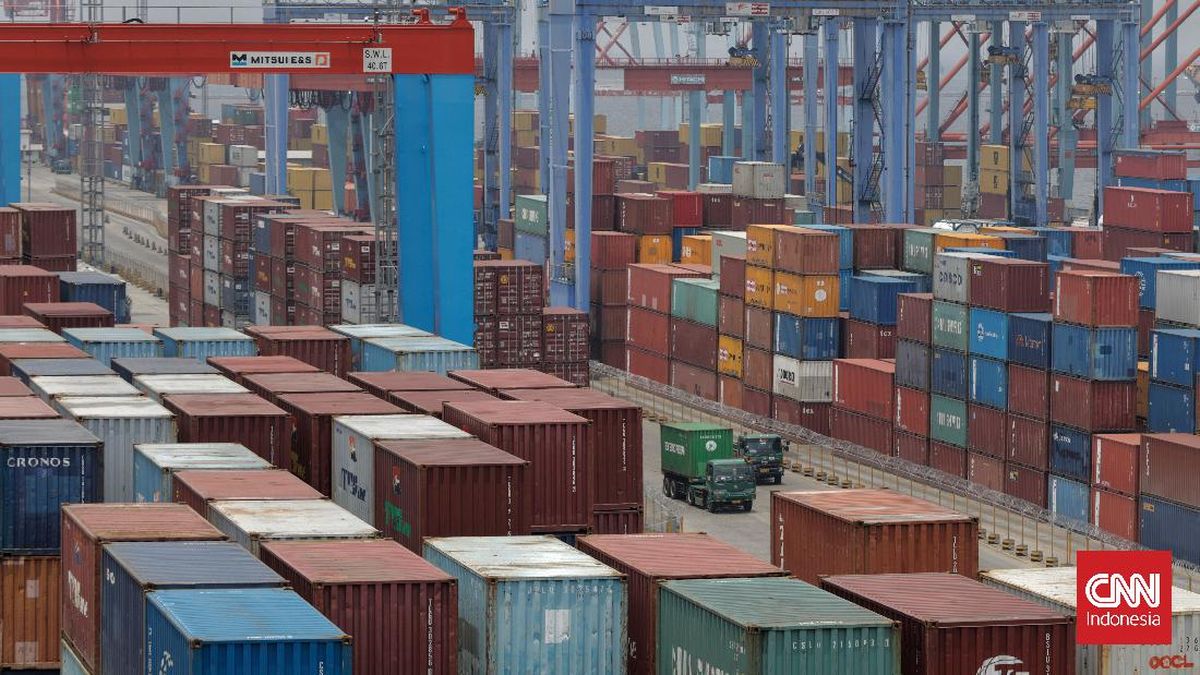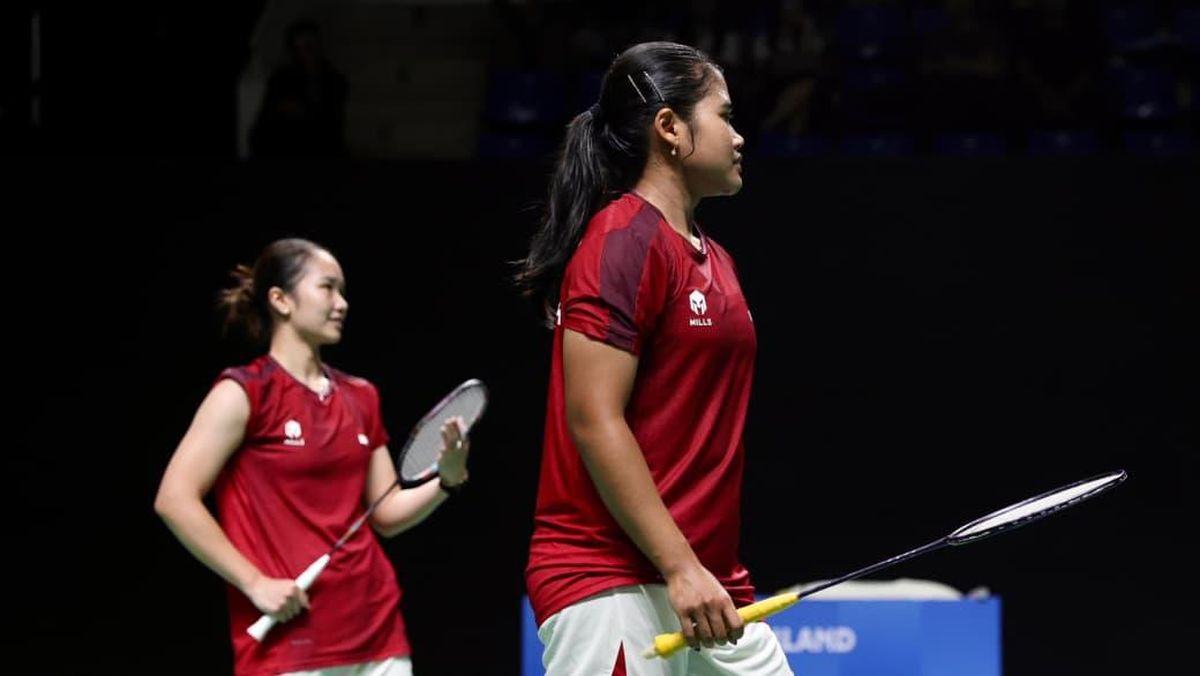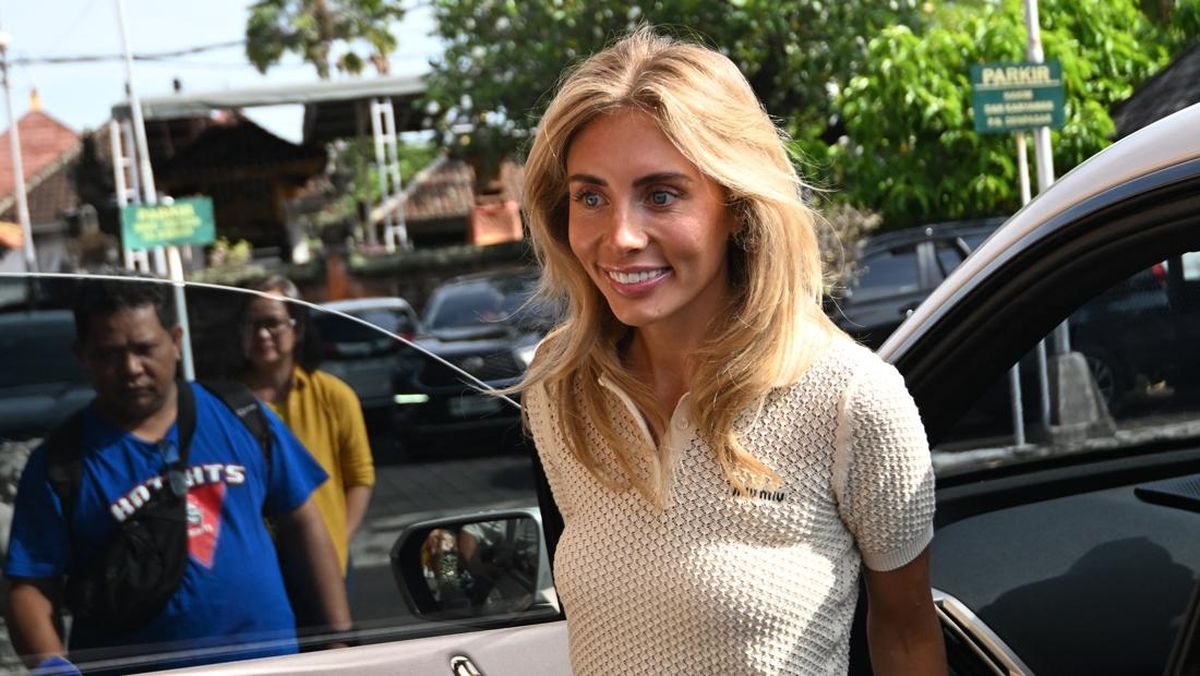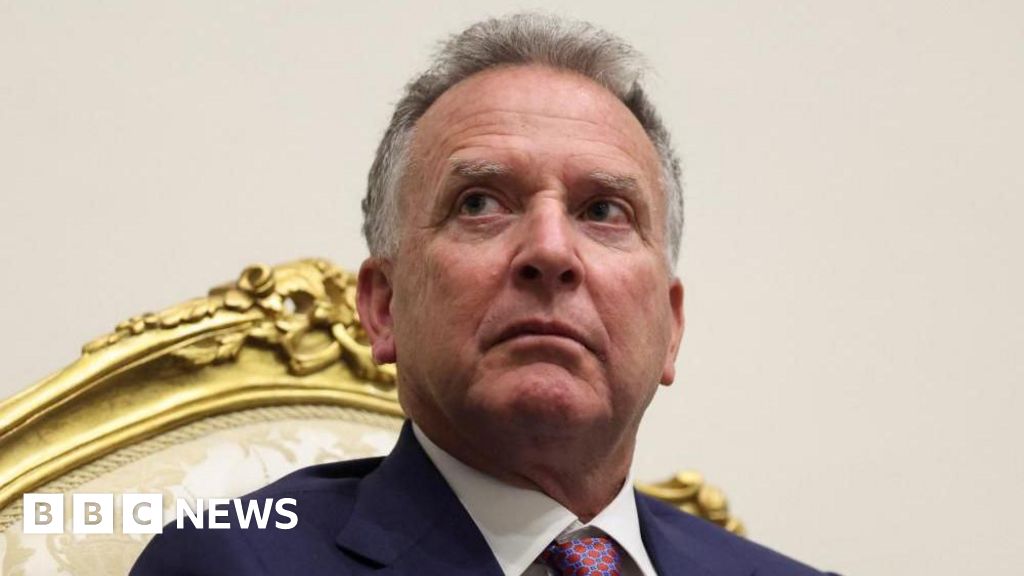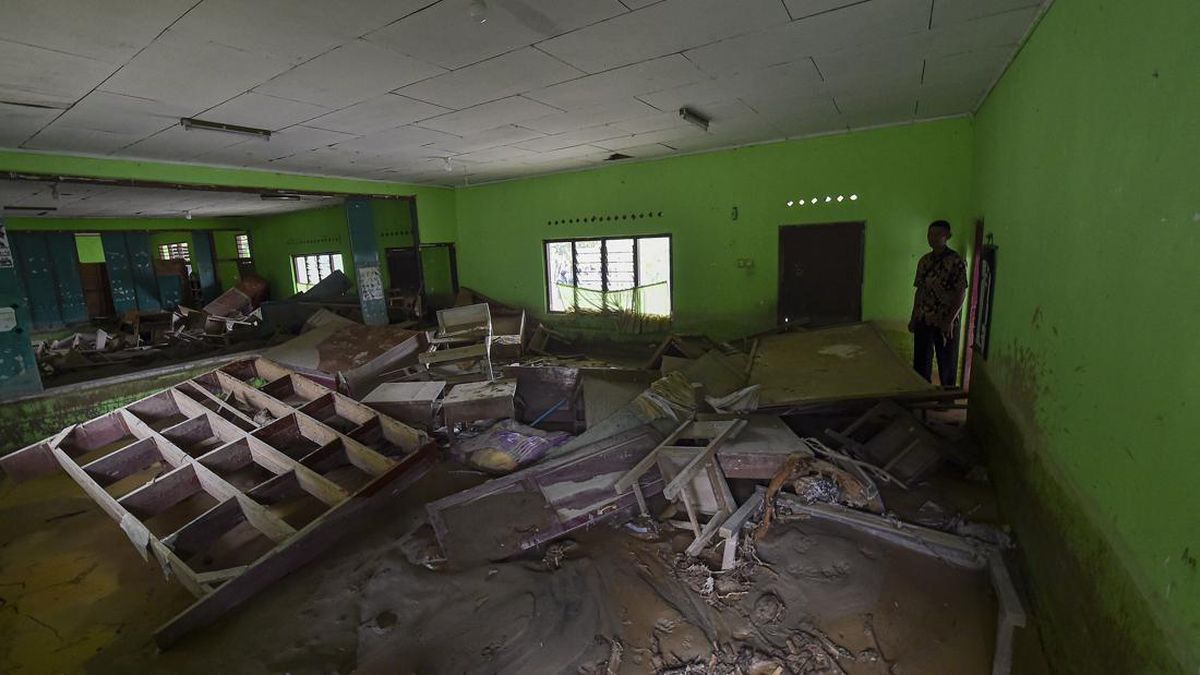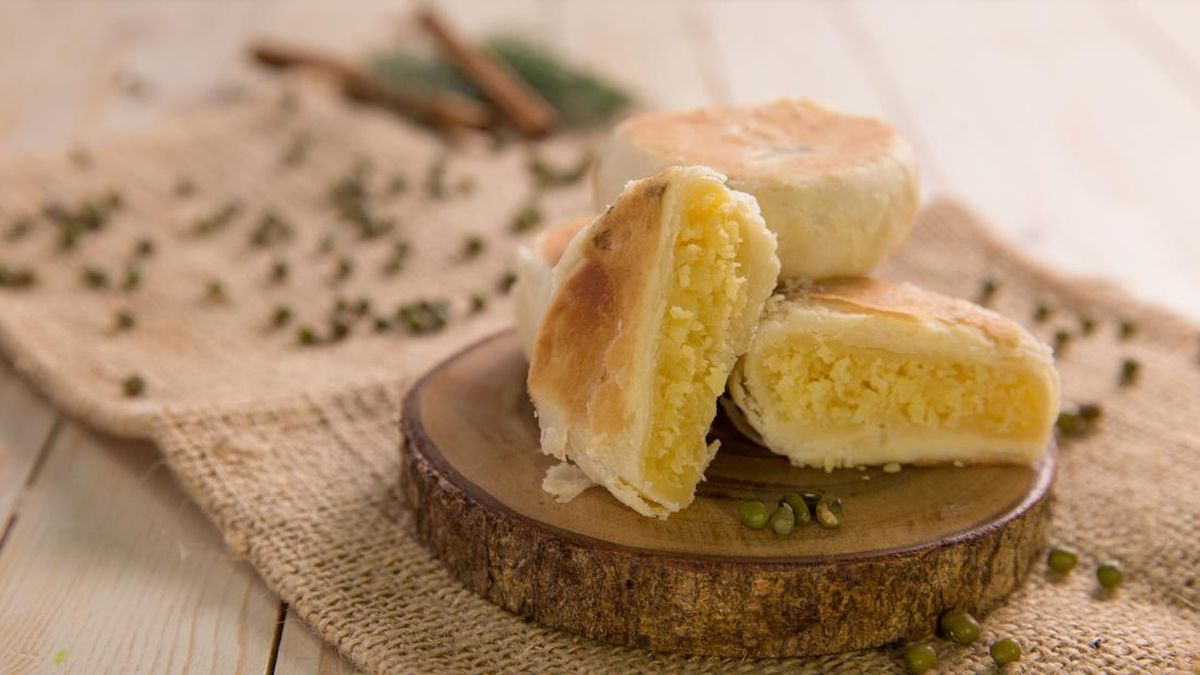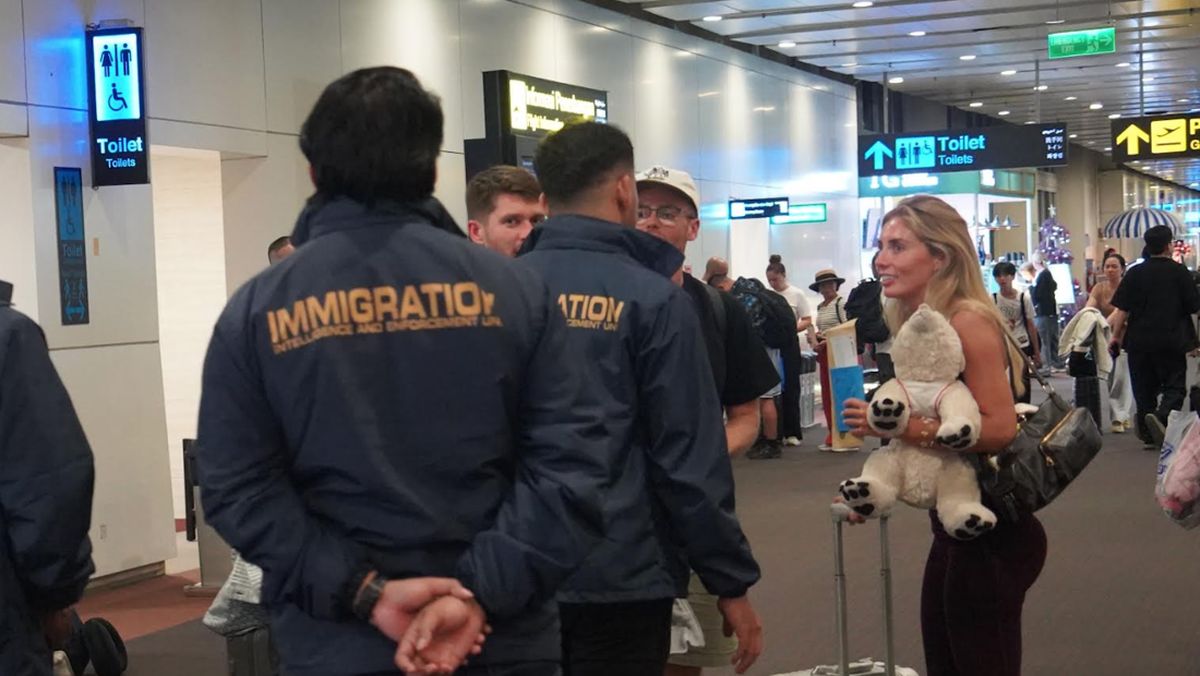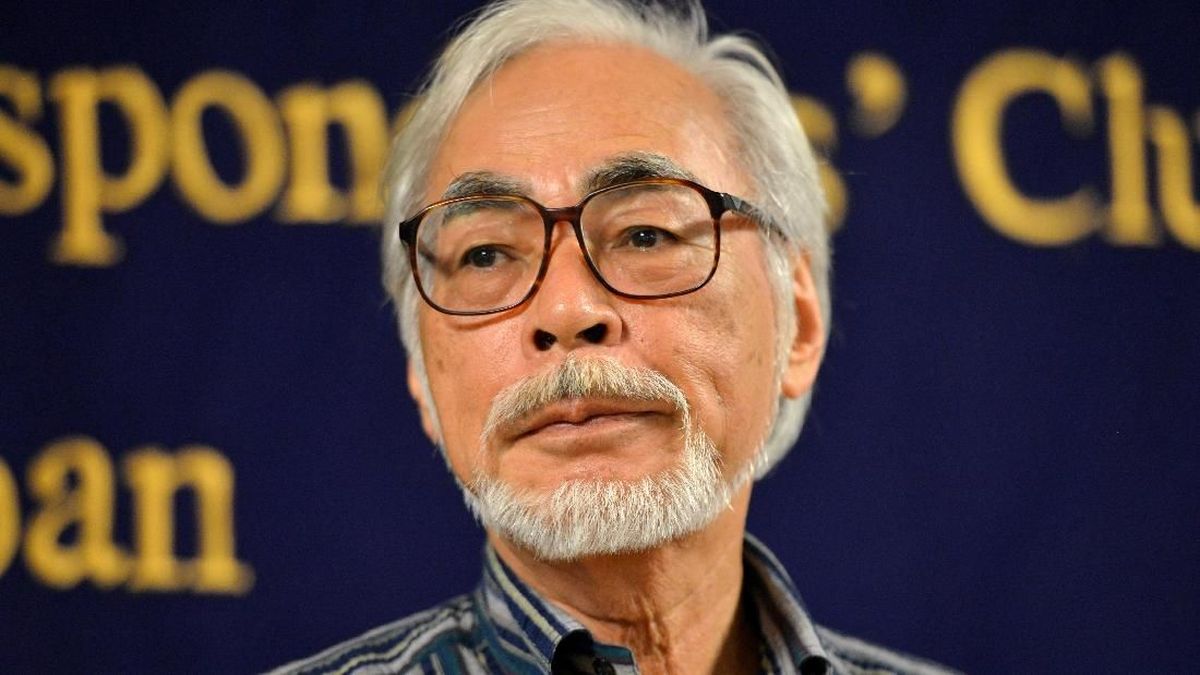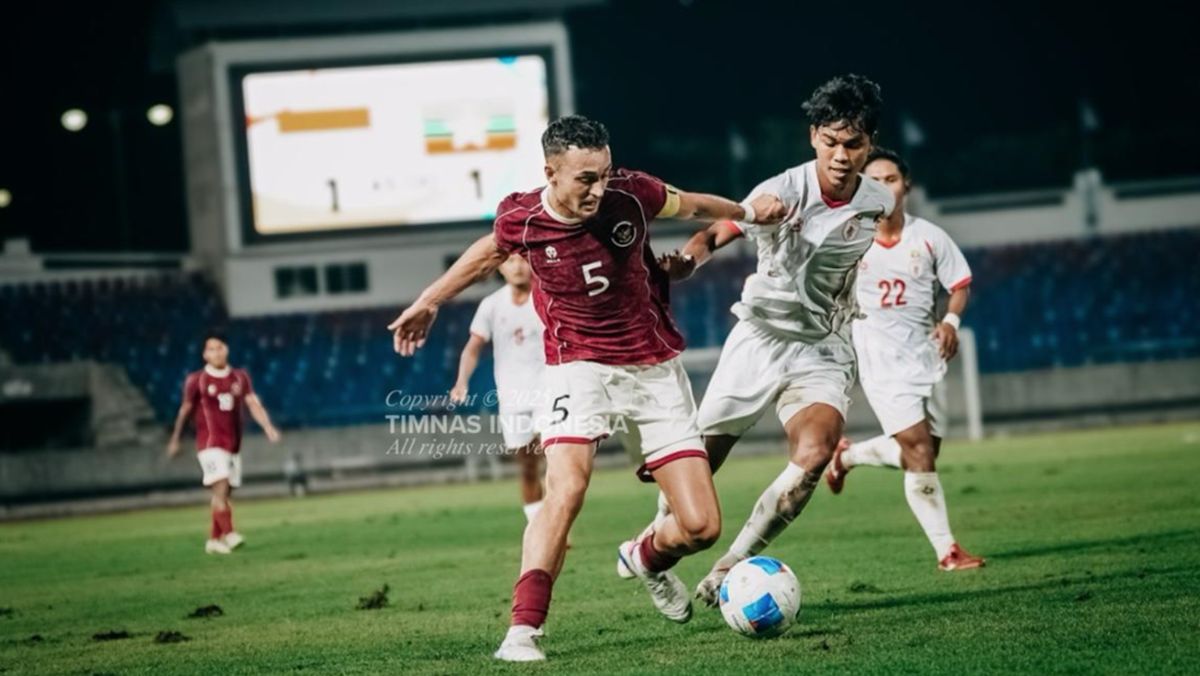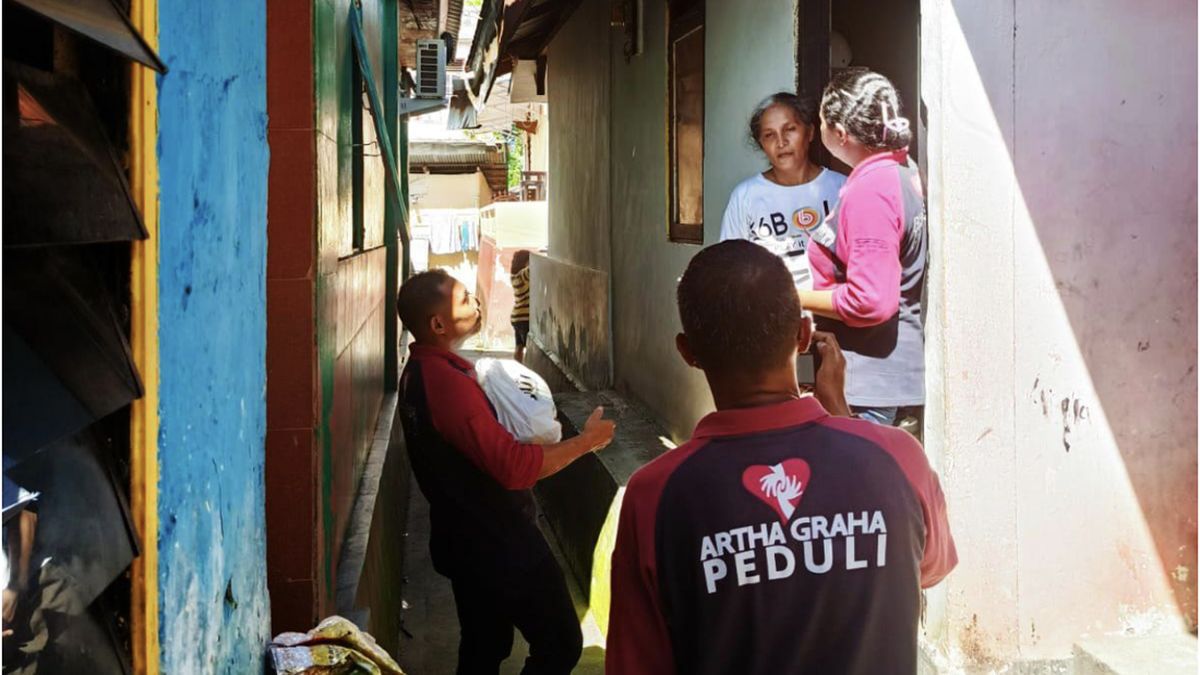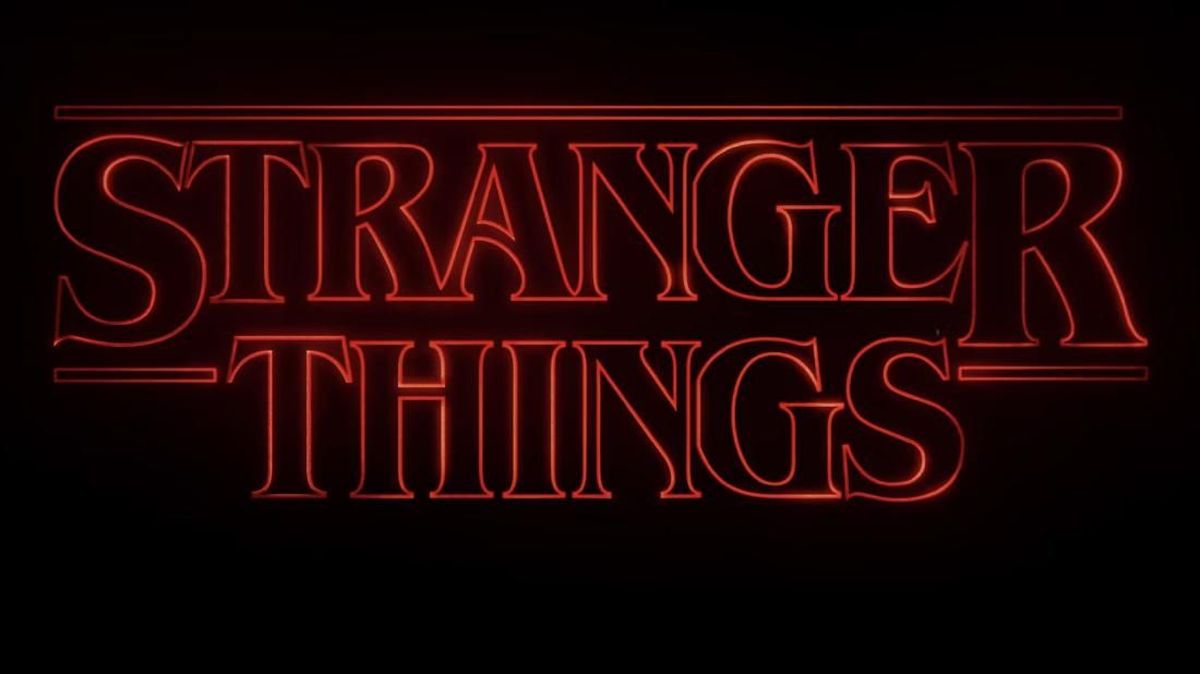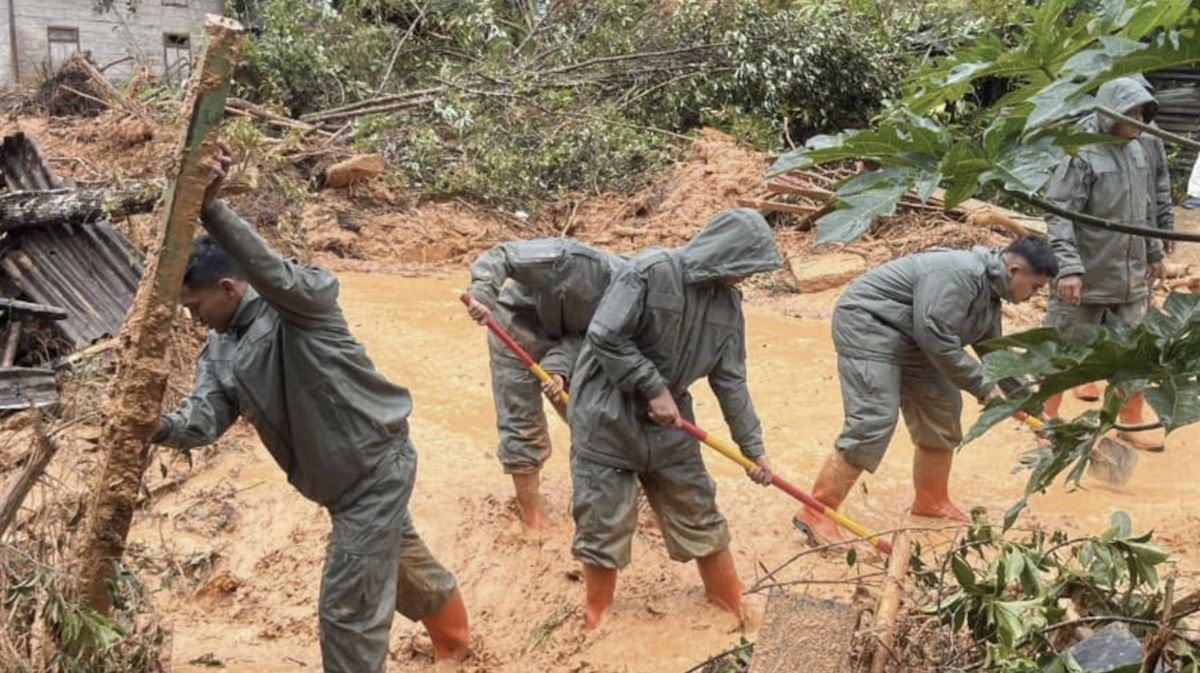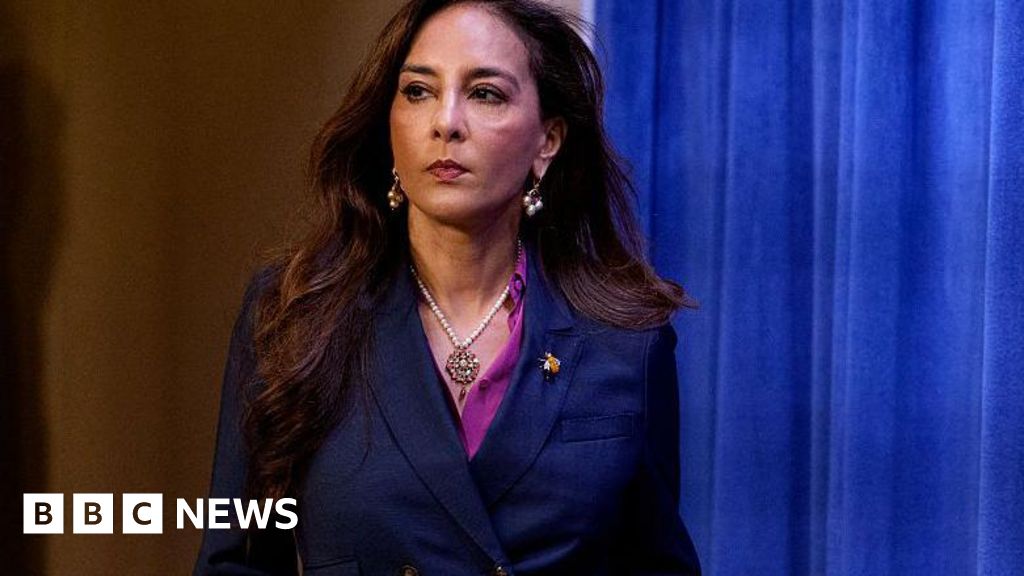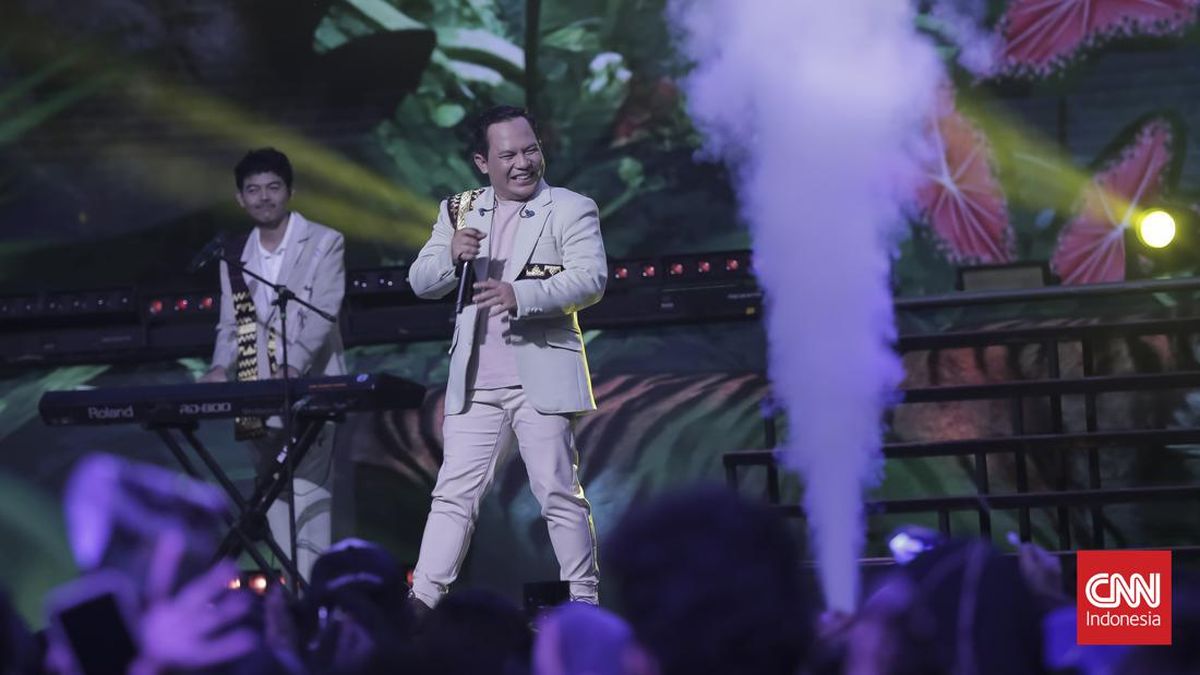A 23-year-old Melbourne woman has become the face of a landmark US federal court lawsuit that, if successful, will allow Australians to access a slice of a multi-billion dollar industry.
Last-Tear Poa is one of thousands of Australians athletes attending universities across the US on sports scholarships, but is the sole plaintiff in a lawsuit challenging restrictions on international students from profiting from commercial ventures before they graduate.
In 2021, the Supreme Court of the United States ruled that for the first time, university-level athletes would be able to make money from their “name, image and likeness” without losing their college eligibility – allowing them to earn millions before they even turned professional. International students, however, were excluded.
Poa’s case began for immigration lawyer Ksenia Maiorova as an enquiry about obtaining a visa that would enable Poa to profit from the same deals her US counterparts were offered. While most international students enter the US on an F1 visa, which prevents them from working in most situations, Poa was requesting a P-1A visa, used by professional athletes to enter and compete in the country. The P-1A visa allows athletes to earn money from commercial ventures classed as “ancillary promotional activities”.
“I never expected this to blow up and to impact litigation and for her [to be] the face of this issue nationally and perhaps internationally as well,” Maiorova said on a call from Florida, where she is based. “At that point in time I was consistently getting my P-1s for [college] athletes approved.”
For one thing, Poa was playing at Louisiana State University – a top-five college for women’s basketball. More than 12 million people watched their championship win over Iowa at the end of 2023, while 16 million watched the next game between the two schools in 2024. Iowa student Caitlin Clark played in both games across the court from Poa. By the time Clark graduated later that year, her commercial deals were valued somewhere north of US$3 million ($4.61m), while Poa couldn’t earn a cent.

Amy Maldonado (left) and Ksenia Maiorova (right) are representing Last-Tear Poa (centre) in her case against the US Government.Credit: Jaime Brown
After recently transferring to Arizona State University for her final year of college basketball, Poa is likely to enjoy even more time on the court. For the government, that mattered. Her application was rejected.
The government argued that Poa’s commercial offers couldn’t be linked to her status as a basketballer, even though she’d only built up a profilethrough playing at US colleges. They also argued that the statutory language suggested Poa was only lawfully in the US so she could play basketball, which, they maintained, is incompatible with her status as a student.
When Poa’s application was denied, Maiorova enlisted the help of Amy Maldonado. While most immigration lawyers spend their careers in offices, filing paperwork and avoiding courts, Maldonado has a history of litigating in federal courts. She had spent years representing the children of immigrants separated from their families while being detained along the US border with Mexico.
“It can be really intimidating to do Federal Court because it’s daunting,” Maldonado said from Michigan. “But, it’s doable. I always joke that I had just enough knowledge to make me dangerous. I’m not by any means an expert litigator, but these issues are really clear to me.”

Last-Tear Poa playing for LSU in March of this year.Credit: Getty Images
The duo agreed to file a lawsuit against the government appealing the denial on Poa’s behalf – and would do it pro bono.
“To our knowledge, she’s the only one that has filed an appeal in Federal Court. It’s a brave thing to do, and I think that there are a lot of people, a lot of eyeballs on this case because it has broader implications,” Maiorova said.
In May, the pair appeared before federal judge Brian Jackson in the US District Court for the Middle District of Louisiana and argued against the US Government’s request to dismiss their lawsuit. Last month, in a significant first step, Jackson sided with Poa and ruled that the case will continue.
Although the US Government shutdown means they have no idea when courts will reopen or when the next hearing will be, the lawyers believe Poa’s suit can be successful.
“We understand the importance of this litigation for the broader community of international student athletes, and we believe in Poa. We believe that she deserves equity,” Maiorova said.
“We believe that international student athletes deserve equity because at the end of the day, they’re putting in the same hours on the court [as Americans]. They’re putting in the same hours in the classroom.
Loading
“They are sweating just as much, they’re risking injury, they’re putting their bodies through the same thing that their teammates are, and we believe that they should be able to benefit from their [name, image and likeness] opportunities on par with their US counterparts, simply because they put in the same amount of effort. It’s about equity.”
Most Viewed in Sport
Loading

